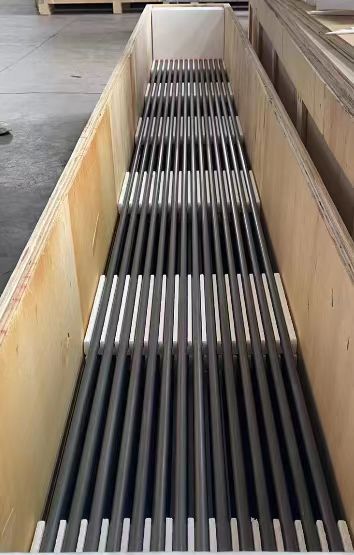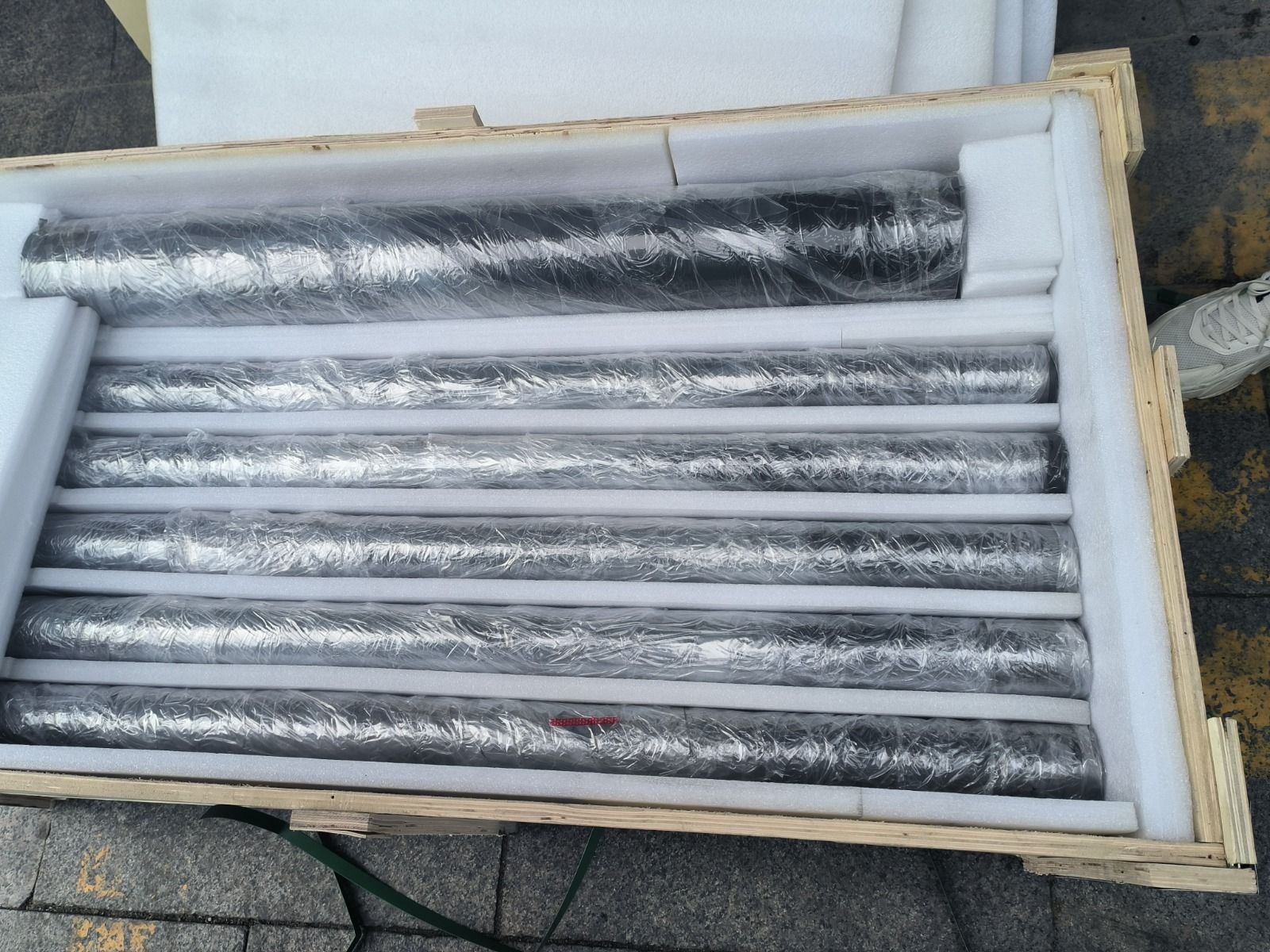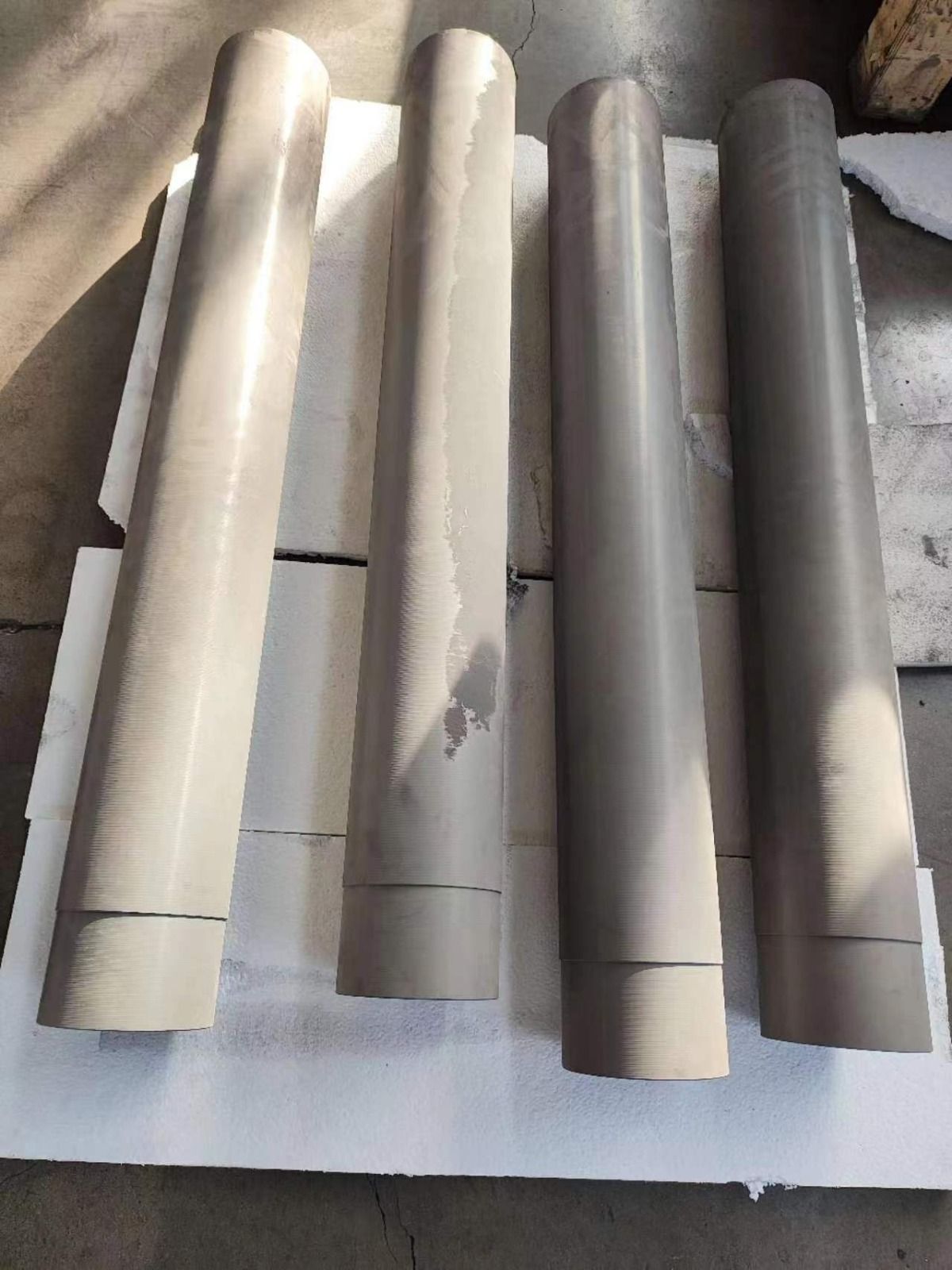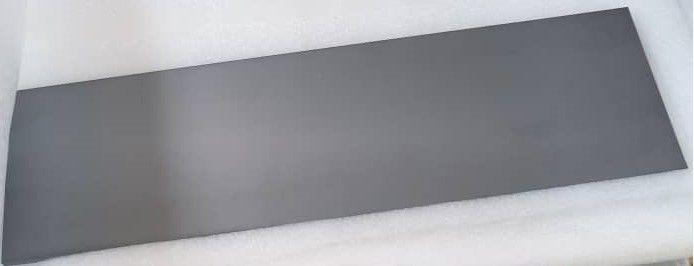Applications of Pressed
Silicon Carbide
Pressed silicon carbide (SiC) is a highly durable, heat-resistant, and chemically inert material that finds extensive use in a wide range of industrial applications. Its unique properties make it ideal for environments that require high performance and reliability.
Key Properties
High Hardness and Strength
SiC is known for its exceptional hardness, which makes it suitable for wear-resistant applications.
Thermal Stability
It maintains its strength at high temperatures, making it ideal for high-temperature processes.
Chemical Resistance
SiC is resistant to most acids, alkalis, and corrosive gases.
Low Thermal Expansion
This property ensures dimensional stability in varying thermal conditions.
Isostatic Pressing Process
Isostatic pressing is a manufacturing process used to create highly dense and uniform silicon carbide components. This process involves applying pressure equally from all directions using a fluid medium, ensuring the material is compacted uniformly.
The key benefits of isostatic pressing include:
Enhanced Density:
Achieves high material density, leading to superior mechanical properties.
Uniform Microstructure:
Ensures consistent quality and performance throughout the component.
Complex Shapes:
Allows for the production of intricate and precise geometries.
Shapes & Forms
Pressed silicon carbide can be manufactured into a wide variety of shapes to meet specific application requirements.
Common shapes include:
Rods and Tubes:
Used in structural and mechanical applications.
Plates and Tiles:
Ideal for protective armor and heat shield applications.
Nozzles and Crucibles:
Suitable for high-temperature processes in chemical and metallurgical industries.
Custom Geometries:
Tailored shapes and designs to meet unique industrial needs.
Applications for Silicon Carbide...
Aerospace and Defense
Pressed silicon carbide is used in the aerospace and defense industries for manufacturing components that require high strength and lightweight properties.
Examples include:
Heat Shields: Protects spacecraft from extreme temperatures during re-entry.
Armor:
Provides lightweight, high-strength armor for military vehicles & personnel protection.
Applications Include:
Brake Discs: Offers excellent thermal conductivity & resistance to wear & thermal shock.
Engine Components: Improves efficiency and longevity by reducing friction and wear.
Automotive
In the automotive industry, SiC is utilized for parts that must withstand high temperatures and mechanical stress.
Semiconductor Industry
Due to its high thermal conductivity and low thermal expansion, SiC is a critical material in the semiconductor industry for:
Wafer Carriers: Ensures stability and precision during semiconductor wafer processing.
Heater Elements: Provides efficient and consistent heating for processes that require precise temperature control.
Applications Include:
Heat Exchangers: Offers excellent thermal conductivity and resistance to corrosive substances.
Seals and Bearings:
Ensures durability and performance in harsh chemical environments.
Chemical Processing
Silicon carbide's chemical resistance makes it an ideal choice for the chemical processing industry.
Renewable Energy
In the renewable energy sector, SiC is used in the production of components for solar and wind energy systems.
Examples Include
Photovoltaic Cells: Enhances efficiency and durability of solar cells.
·Wind Turbine Components: Provides lightweight and robust materials for turbine blades and other structural parts.
Advantages of Pressed
Silicon Carbide
Isostatic pressing is a manufacturing process used to create highly dense and uniform silicon carbide components. This process involves applying pressure equally from all directions using a fluid medium, ensuring the material is compacted uniformly.
Efficiency
Enhances the efficiency of mechanical and thermal processes.
Durability:
Long-lasting performance in harsh environments.
Versatility:
Applicable across various industries and applications.
Cost-Effective
Reduces maintenance costs and extends the lifespan of components.
Why Use
Sintered Silicon Carbide (SSiC) Tubes?
SSiC tubes offer outstanding properties that make them ideal for multiple industrial applications.
Below are some key benefits and the applications where they excel:
Key Advantages
- High Temperature Resistance: Ideal for extreme environments such as furnaces and high-temperature reactors.
- Superior Corrosion Resistance: Suitable for chemical processing, ensuring longevity and efficiency.
- Excellent Thermal Conductivity: Enhances heat transfer efficiency in various industrial processes.
- Extreme Hardness and Durability: Reduces maintenance and replacement costs in wear-intensive applications.
- Oxidation and Creep Resistance: Maintains performance under prolonged thermal and mechanical stress.
- Enhanced Chemical Purity:
Supports high-purity applications such as semiconductor manufacturing.
Applications
- Hydrogen Production and Reforming: Used in high-temperature reactors and reformers to improve efficiency.
- Semiconductor Processing Equipment: Provides chemical and thermal stability for high-purity applications.
- High-Temperature Furnaces: Acts as structural components for extreme temperature conditions.
- Mechanical Seals and Bearings: Enhances wear resistance and longevity in rotating equipment.
- Chemical and Petrochemical Industry: Used in corrosive environments for prolonged service life.
- Heat Exchangers in Corrosive Environments: Improves heat transfer while withstanding harsh chemicals.
- Power Generation and Nuclear Applications: Functions in extreme environments with high radiation and heat resistance
Contact Us
For more information on how pressed silicon carbide can benefit your applications, contact Technical Materials Solutions today.
Our team of experts is ready to assist you in finding the best solutions for your specific needs.
All Rights Reserved | Technical Materials Solutions LLC





